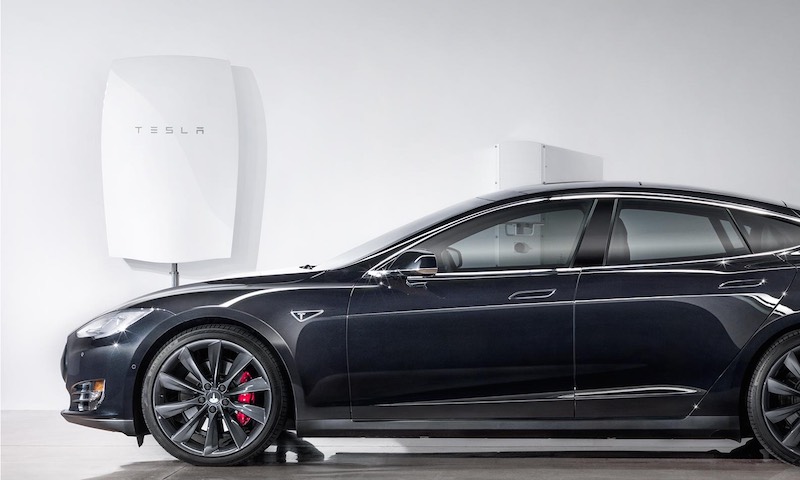
Three scientists working in the United States were honored for discoveries of "topological phase transitions and topological phases of matter".

Researchers from Cambridge, Oxford, and three other London universities may have found a cure for HIV, and a 44-year-old British man may be cured.

The island nation of Cape Verde has pledged to power the entire country with nothing but renewable energy by the year 2020, and vowed to help other African states work towards the same goal in future.

The 2016 Nobel Prize in Physiology or Medicine has been awarded to Yoshinori Ohsumi for his discoveries of mechanisms for autophagy -- a fundamental process for degrading and recycling cellular components.
The Rosetta spacecraft ended its historic mission by crashing on the surface of the dusty, icy comet. It has spent 12 years chasing in a hunt that has provided insight into the early days of the solar system and captured the public's imagination.

Scientists have designed a new generation of universal flu vaccines to protect against future global pandemics that could kill millions.

Using this exoskeleton in a virtual environment, a baseball feels firm, and an egg light and fragile.

Scientists have found the first gamma-ray binary in another galaxy and the most luminous one ever seen.

A new type of nanodevice for computer microprocessors is being developed that can mimic the functioning of a biological synapse -- the place where a signal passes from one nerve cell to another in the body.

Australian scientists have stopped light in a cloud of very cold atoms, a development that provides a essential building block for quantum computing.

As electric and hybrid cars steadily become more popular, MIT thought they would double check the numbers and see just how economic low-emission cars are.

A college student has developed a defense against antibiotic-resistant bacteria that literally rips them to shreds.

A controversial new coal power plant being built in Bangladesh is already running out of friends. Environmentalists worry it will spell disaster for the world’s largest mangrove forest.

An advanced dark matter detector that hopes to find a rare collision between a dark matter particle and normal matter has just been approved in the US
NASA's Hubble Space Telescope took direct ultraviolet images of the icy moon Europa transiting across the disk of Jupiter. Out of ten observations, Hubble saw what may be water vapor plumes on three of the images.